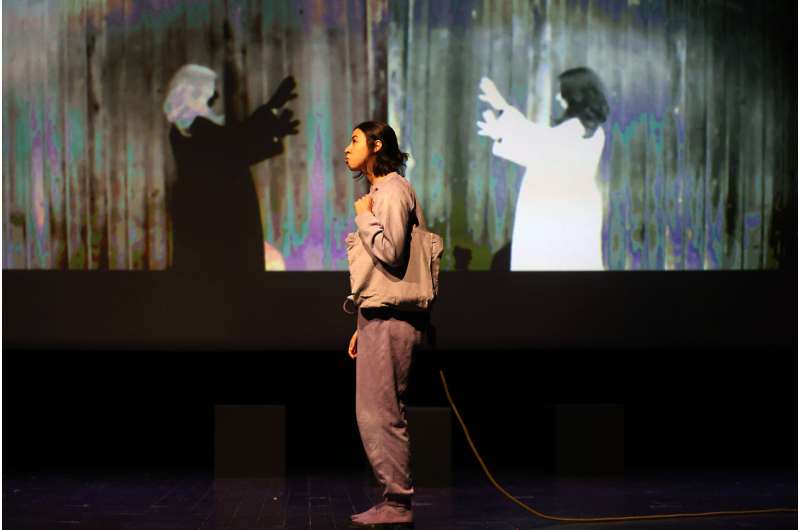A Portuguese theater production, titled Oxímoro, entre Solstícios e Equinócios (Oxymoron, Between Solstices and Equinoxes), is making strides in reducing the stigma surrounding bipolar disorder. The play, developed by the Marionet theater company, aims to inform audiences about the complexities of the mental health condition through a blend of artistic expression and scientific insight.
The initiative emerged from a collaboration involving medical professionals, researchers, and individuals living with bipolar disorder. This cooperative effort was designed to create a narrative that accurately reflects the realities of the disorder, moving beyond common misconceptions. As noted in a promotional trailer for the play, the statement, “People tend to joke about mood swings… and it’s not quite like that, as bipolar disorder has a biological component,” emphasizes the need for a deeper understanding of the condition.
The play was staged at the BlackBox of Convento São Francisco in Coimbra, Portugal, from March 20 to 24, 2024, featuring six performances. Following each show, audience members were invited to complete questionnaires concerning their experiences, with approximately 300 attendees overall, and 54 providing feedback.
Emotional Engagement Drives Understanding
The analysis of audience responses revealed that emotional engagement significantly enhanced their ability to comprehend and retain information about bipolar disorder. Following the performances, attendees reported feelings of empathy and personal connection, which contributed to a more nuanced understanding of the illness. Mário Montenegro, a key figure in the project and associated with the Center for Interdisciplinary Studies at the University of Coimbra, highlighted the importance of involving the scientific community from the outset of the creative process. He stated, “We realized we needed to be even better informed,” reflecting the commitment to accuracy and sensitivity.
Montenegro’s team incorporated firsthand accounts from patients, healthcare providers, and family members into the script. This method aimed to authentically portray the experiences surrounding bipolar disorder, allowing the audience to form their interpretations rather than imposing a singular narrative.
The Impact of Artistic Expression on Mental Health Awareness
The paper detailing this innovative approach, “Theatre and bipolar disorder: dealing with emotions,” co-authored by Montenegro, Silvia Carballo, and Francisca Moreira, was published in a special issue of the Journal of Science Communication. It emphasizes the role of theater as a powerful medium for engaging the public on health topics. Luisa Massarani, a researcher at the Brazilian Institute of Public Communication of Science and Technology, noted the under-researched aspect of emotions in science communication, asserting the need for continued exploration in this area.
Through this project, the Marionet theater company has demonstrated that emotional storytelling can effectively communicate complex scientific concepts, fostering a greater understanding of mental health challenges. As Montenegro articulated, “Emotion… when intentionally and thoughtfully guided through staging and language, strengthens the message, motivating audiences to learn more.”
The production not only aims to educate but also seeks to humanize bipolar disorder, countering stereotypes and fostering empathy. The success of this initiative may inspire other organizations worldwide to explore similar intersectional approaches combining art and science to address pressing health issues.







